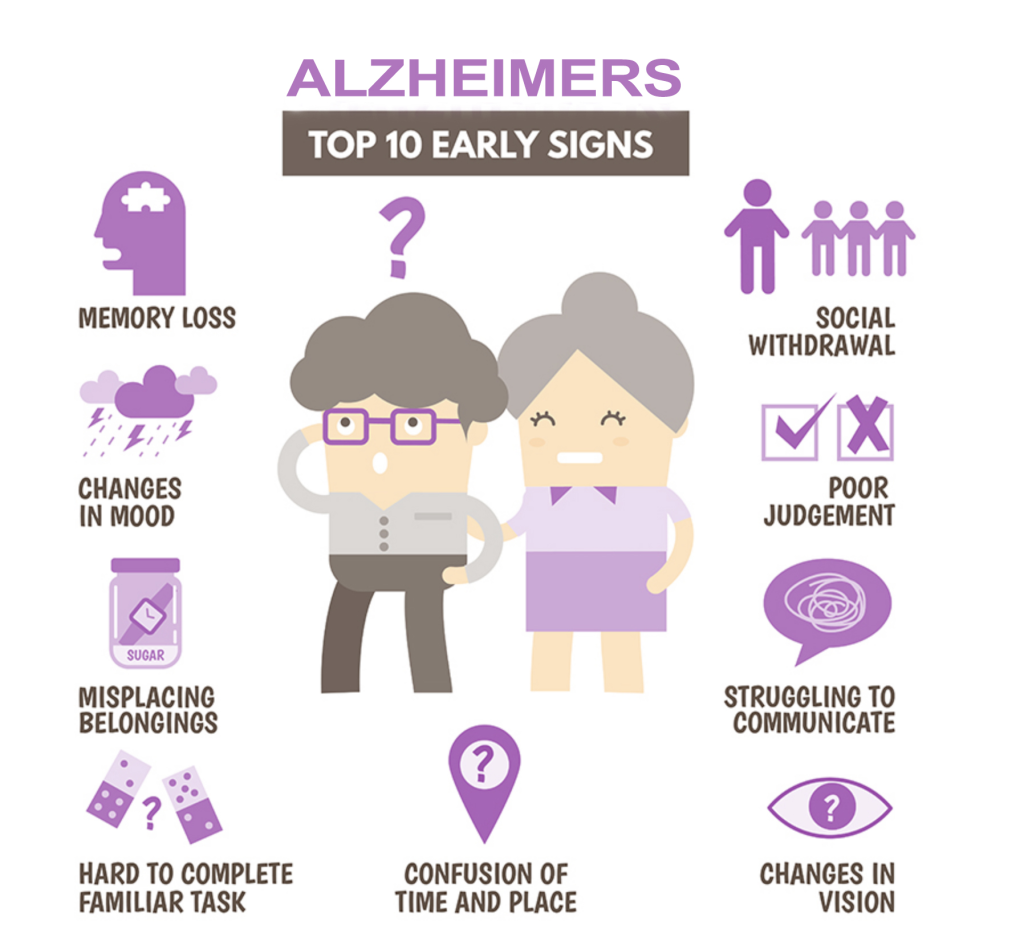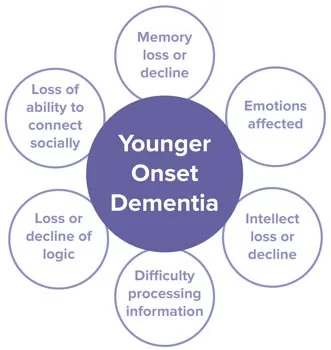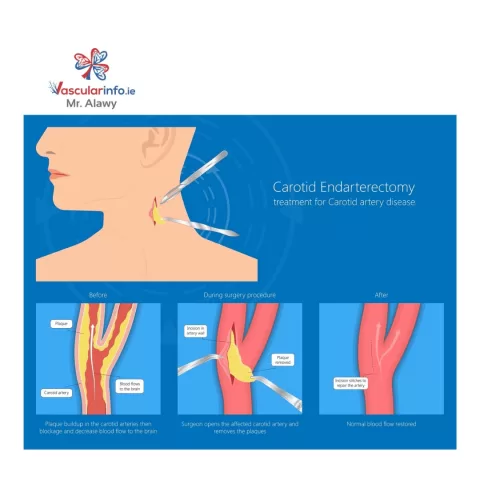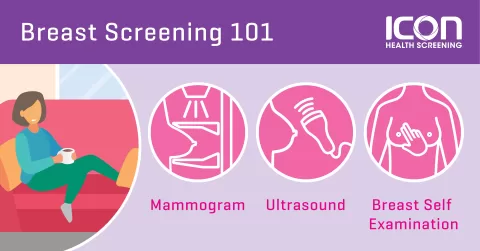Alzheimer’s disease is a growing concern in today’s society, affecting millions and raising significant health challenges. As a complex neurodegenerative disorder, Alzheimer’s disease symptoms include memory loss, cognitive decline, and alterations in behavior, which can severely disrupt daily life. This blog aims to provide insight into Alzheimer’s disease, exploring its symptoms, treatment options, and the latest Alzheimer’s research that offers hope for better management. Understanding the early detection of Alzheimer’s is crucial, as identifying these symptoms can lead to timely intervention and improved quality of life. Furthermore, we will discuss various Alzheimer’s disease medications that are currently available, highlighting advancements in therapeutic strategies.
Dementia, a term encompassing various cognitive disorders, prominently features Alzheimer’s disease as one of its most prevalent forms. This condition primarily impacts the elderly, leading to significant impairments in memory and other cognitive functions. Recognizing early signs associated with Alzheimer’s is vital for timely diagnosis and intervention, while exploring alternative treatment methods is essential for enhancing patient care. The advancements in research surrounding Alzheimer’s, including promising treatment options and understanding the disease’s underlying mechanisms, are crucial for improving outcomes. Delving into the latest findings, we aim to shed light on the complexity of Alzheimer’s and its impact on individuals and their families.
Understanding Alzheimer’s Disease Symptoms
Alzheimer’s disease symptoms often manifest subtly at first, making early recognition a challenge. Common signs include memory loss, where individuals might struggle to recall recent events or familiar names, and difficulty solving everyday problems, such as managing finances or following a recipe. These initial symptoms can be mistaken for normal aging, which underscores the importance of vigilance in monitoring cognitive changes. Recognizing these indicators can significantly impact the timing of diagnosis and subsequent treatment options.
In addition to memory issues, disorientation is another hallmark symptom of Alzheimer’s. People may become confused about dates, times, or familiar locations, leading to frustration and anxiety. Mood swings are also prevalent in Alzheimer’s patients; they may exhibit increased irritability or withdrawal from social interactions. Understanding these symptoms not only aids in early detection but also prepares caregivers and family members for the emotional challenges that come with the disease.
Current Alzheimer’s Disease Treatment Options
While there is currently no cure for Alzheimer’s disease, various treatment options aim to improve the quality of life for those affected. Cholinesterase inhibitors, such as Donepezil and Rivastigmine, enhance neurotransmitter levels, helping to bolster memory and cognitive functions. Memantine, another medication, targets glutamate activity in the brain, providing relief for moderate to severe symptoms. Together, these medications form the cornerstone of pharmacological interventions available today.
Beyond medications, lifestyle changes play a crucial role in managing Alzheimer’s disease. Engaging in regular physical activity, adhering to a balanced diet rich in antioxidants, and participating in cognitive training exercises can help mitigate symptoms. These lifestyle approaches not only support brain health but also contribute to an overall sense of well-being, which is vital for individuals navigating the challenges of Alzheimer’s.
Latest Research Findings on Alzheimer’s Disease
The landscape of Alzheimer’s disease research is rapidly evolving, revealing promising advancements that could change the way we understand and treat this condition. One of the most significant developments is the discovery of biomarkers for early detection, allowing for diagnostic interventions years before symptoms appear. This proactive approach could transform patient care, enabling earlier therapeutic options and better planning for patients and their families.
Another exciting area of research focuses on the relationship between gut health and Alzheimer’s disease. Recent studies have identified a link between certain stomach bacteria and an increased risk of developing Alzheimer’s. This insight could pave the way for novel prevention strategies that emphasize maintaining gut flora balance as a means to support cognitive health.
Groundbreaking Innovations in Alzheimer’s Treatment
Innovative treatment modalities are emerging in the fight against Alzheimer’s disease, with research uncovering new ways to address the underlying mechanisms of the illness. One notable development involves restorative pathways that reduce harmful substances in the brain, such as oxysterols. By targeting these pathways, researchers aim to create therapies that not only alleviate symptoms but also slow the progression of the disease.
Additionally, experimental treatments like a nasal spray have entered clinical trials, showcasing a novel method for drug delivery. This approach may provide an alternative for patients who struggle with traditional oral medications, potentially improving adherence and effectiveness. As clinical trials unfold, the hope is that such innovations will enhance treatment options for individuals living with Alzheimer’s disease.
The Importance of Early Detection in Alzheimer’s Disease
Early detection of Alzheimer’s disease is crucial for effective intervention and management. By identifying the disease in its nascent stages, healthcare providers can offer patients access to treatments that may slow cognitive decline and improve overall quality of life. Innovative tests focusing on biomarkers, such as tau protein clumps, are paving the way for earlier diagnosis, allowing for timely discussions regarding treatment options and lifestyle changes.
Moreover, early detection empowers patients and families to make informed decisions about future care and financial planning. Understanding the trajectory of Alzheimer’s disease can lead to proactive measures, such as engaging in cognitive therapy, adjusting living environments for safety, and exploring legal and financial considerations. Ultimately, increased awareness and focus on early detection can lead to better outcomes for those affected by Alzheimer’s.
Frequently Asked Questions
What are the common Alzheimer’s disease symptoms to watch for?
Common Alzheimer’s disease symptoms include memory loss, difficulty solving problems, disorientation in time and space, and mood swings. Early detection of Alzheimer’s is crucial as recognizing these symptoms can lead to timely diagnosis and management.
What are the current Alzheimer’s treatment options available?
Current Alzheimer’s treatment options primarily consist of medications like cholinesterase inhibitors (Donepezil, Rivastigmine) and Memantine, which help manage cognitive symptoms. Additionally, lifestyle approaches such as physical activity and cognitive training can improve outcomes for individuals with Alzheimer’s disease.
How is the latest Alzheimer’s research improving early detection?
The latest Alzheimer’s research highlights a revolutionary test that detects biomarkers associated with Alzheimer’s disease years before symptoms appear. This focus on early detection of Alzheimer’s allows for proactive management and planning for patients and their families.
What medications are used to manage Alzheimer’s disease symptoms?
Alzheimer’s disease medications include cholinesterase inhibitors that enhance neurotransmitter levels for memory support, and Memantine, which regulates glutamate activity. These medications aim to alleviate cognitive symptoms and improve the quality of life for those affected by Alzheimer’s.
What recent findings in Alzheimer’s research could lead to new treatments?
Recent findings in Alzheimer’s research include the discovery of links between stomach bacteria and the risk of developing Alzheimer’s, as well as innovative treatment methods like a nasal spray. These advancements could pave the way for new therapeutic approaches targeting the underlying mechanisms of Alzheimer’s disease.
| Aspect | Details |
|---|---|
| What is Alzheimer’s Disease? | A progressive neurodegenerative disorder classified under dementia affecting older adults, leading to memory impairment and cognitive decline. |
| Symptoms | Common symptoms include memory loss, difficulty solving problems, disorientation, and mood swings. |
| Current Treatments | No cure exists, but treatments focus on alleviating symptoms through cholinesterase inhibitors, memantine, and lifestyle changes. |
| Key Research Developments | Innovations include early detection tests, links to stomach bacteria, nasal spray treatments, and connections to vision loss. |
Summary
Alzheimer’s disease is a complex neurodegenerative disorder that poses significant challenges for affected individuals and their families. Understanding this disease entails recognizing its symptoms, exploring available treatments, and staying informed on the latest research advancements. Early detection plays a crucial role in managing Alzheimer’s disease effectively, while ongoing studies hold promise for innovative therapies and improved quality of life. By raising awareness and providing education on Alzheimer’s disease, we can foster a supportive environment for those impacted and work towards more effective solutions.
The content provided on this blog (e.g., symptom descriptions, health tips, or general advice) is for informational purposes only and is not a substitute for professional medical advice, diagnosis, or treatment. Always seek the guidance of your physician or other qualified healthcare provider with any questions you may have regarding a medical condition. Never disregard professional medical advice or delay seeking it because of something you have read on this website. If you believe you may have a medical emergency, call your doctor or emergency services immediately. Reliance on any information provided by this blog is solely at your own risk.








